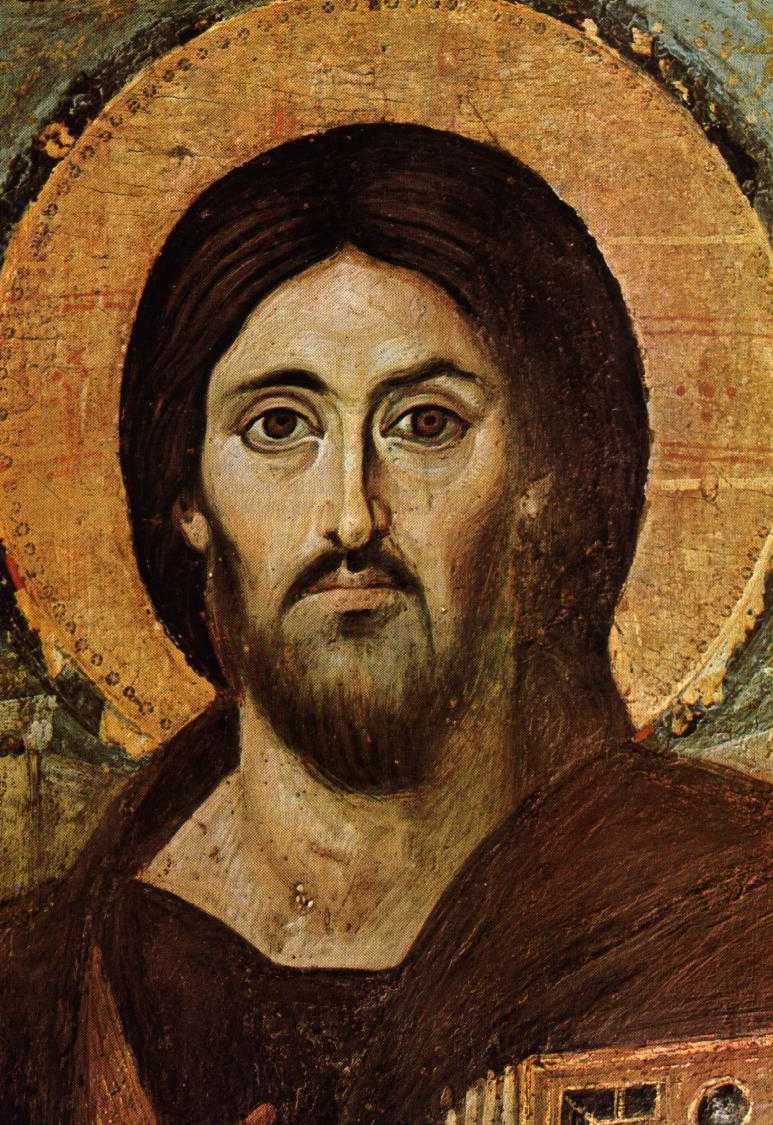
The historicity of Jesus
The Palestine, a land placed between the Lebanon and the Red Sea; where the east meets the west.. Umbilicus of the world. Land of Canaan Land or Israel's Country, how is called in the Ancient Testament. A fertile halfmoon's stripe which during 4.000 years has been gone through by army far and wide.
Here has begun the Salvation Histoy 4.000 years ago. And in this Land lives Jesus of Nazareth for about thirty years.
Now the historicity of Jesus is accepted from all the studiouses: believers and unbelievers. We have very historical attestations about Him.
In the Annali (XV, 44), writing about the persecution of the christians by Nerone, Tacito also refers to the crucifixion of Christ, ordered by Ponzio Pilato.
Tacito's testimony is confirmed by Plinio "Il giovane" (112 after Christ), which in a letter directed to Traian emperor (Ep. X, 96) refers that the christians of Bitinia sing hymns to Christ "quasi Deo"(almost God, n.d.a.), during their religious functions.
The hebrew historian Giuseppe Flavio, transfered to Rome after the conquest of Jerusalem, in his writing "AntichitÓ Giudaiche XX,9,1", calls the apostle James the younger: "brother of Jesus, who is called Christ".
Don't considering another, not sure, Giuseppe Flavio's testimony, called "testimonium Flavianum", there are other Svetonio citations. Besides there are some hebrew direct sources: theMišnah and the Talmud. In these writings, where are ancient hebrew traditions, written since second till fourth century, Jesus is often mentioned. Since they are due to a antichristian polemic, even if to the same Jesus is recognized the capacity ability "to charm the people", He is accused to be a wizard.
But the sources and the fundamental papers to discover the event and image of Jesus, are the christian writings of the canon: a collecting of documents, in greek language, written since the middle of the first century: They are the Gospels, the Saint Paul's epistles and the Catholic ones.
Thiese documents have been written by disciples of Jesus and by Christians for other Christians. Therefore they are the most ancient and big documents on the figure, activity and message of Jesus, the Christ. (R. Fabris, Ges¨ Cristo, Nuovo Dizionario di Teologia Biblica, Ed. Paoline, pag. 596).
"Every man knows Jesus. Whether the current culture, or the frequentation of a christian church, either the reading of the Gospels or other New Testament books, they consent to everybody to have notions about this really only personage of the history.(Giuseppe Ghiberti, Il lungo dibattito del Nazareno, in Storia di Ges¨, Ed. Rizzoli, volume 1, pag. 1).
TO THE DISCOVERY OF JESUS OF NAZARETH